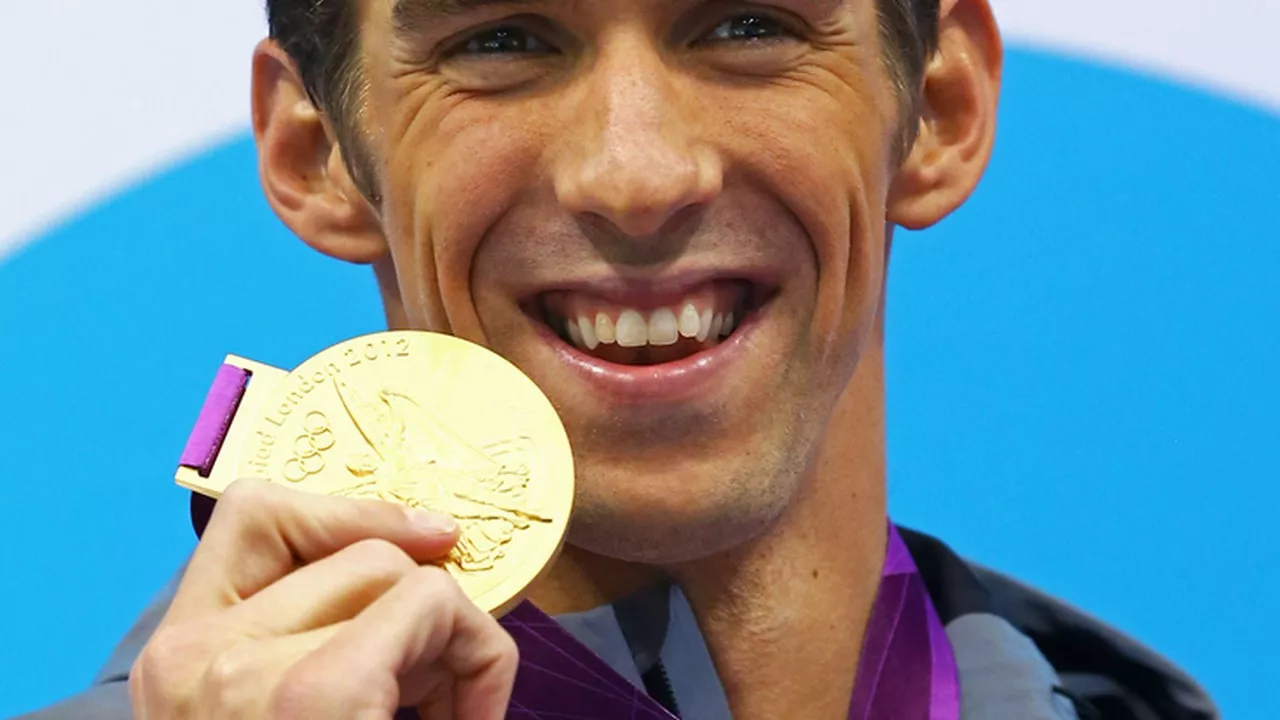How many Olympic medals can a swimmer win?
Ever wondered if a swimmer could walk away with a tote of gold, silver and bronze? The answer is surprisingly simple – it depends on the number of events they enter and how they perform in each.
Individual events: maximum opportunities
In the pool, a swimmer can sign up for up to seven individual races. Those range from the 50‑metre sprint to the grueling 1500‑metre distance. Each race offers a fresh chance at a medal, so a versatile athlete could theoretically line up for seven medals right there.
But the real magic happens when a swimmer excels in different strokes. If they dominate freestyle, butterfly, backstroke and breaststroke, they can fill the schedule with a mix of sprints and longer races. That diversity boosts the odds of reaching the podium multiple times.
Relay races: adding more chances
Team events are where the medal count can really climb. The Olympics feature four relay races – the 4x100 free, 4x200 free, 4x100 medley and mixed 4x100 medley. Every swimmer on a qualifying relay squad automatically earns a medal if the team places.
So, if a swimmer is part of all four relays, that’s four extra medals on top of the seven individual ones. In total, an athlete could walk away with up to eleven Olympic swimming medals.
History shows it’s doable. Michael Phelps, for example, collected 28 medals over four Games by mixing individual and relay events. His record demonstrates how a well‑planned event schedule can turn a talented swimmer into a multi‑medal powerhouse.
Do you think open‑water swimmers could match that? While open‑water races aren’t in the Olympic program yet, many club swimmers train both in the pool and in lakes or seas. The stamina built in open water often translates to better performance in long‑distance pool events, giving those athletes a shot at extra medals if they switch focus.
For anyone eyeing an Olympic dream, the key steps are clear: master a range of strokes, aim for both sprint and distance races, and secure a spot on every relay team you qualify for. Talk to your club coach, map out the events early, and start logging times now.
If you’re already a member of an open‑water club, use those group workouts to boost your endurance. The community vibe helps you stay motivated, and the shared experience can make the demanding Olympic schedule feel more doable.
Planning your race calendar isn’t just about physical prep. Mental readiness plays a huge role when you’re juggling multiple heats over a two‑week period. Visualize each race, set tiny goals for every split, and keep a steady routine to stay focused. A solid support network – teammates, coaches, even family – can keep stress low and confidence high.
Bottom line: a swimmer can win up to eleven medals – seven individual, four relay – provided they’re versatile, fit, and part of a strong team. It’s a tall order, but with the right training and strategy, it’s within reach.

Napoli 3-1 Atalanta: David Neres Brings Conte's Side Top of Serie A
David Neres scored twice and assisted another as Napoli beat Atalanta 3-1 on November 22, 2025, ending a winless streak and moving top of Serie A. Antonio Conte’s side extended their unbeaten home run to 16 games.

Blue Jays Beat Mariners 4-3 in ALCS Game 7, Secure World Series Spot
Toronto Blue Jays rally past Seattle Mariners 4-3 in ALCS Game 7, ending a 32‑year pennant drought and booking a World Series berth.

Commanders Favored Over Bears in Week 6 MNF – Odds, Picks & Injuries
The Commanders head into Monday Night Football as 5.5‑point favorites against the Bears, with key injuries and betting odds shaping a pivotal NFC showdown.

How many medals can an Olympic athlete win in swimming?
In the Olympics, a swimmer has the potential to win a surprising number of medals. The total depends on how many events they participate in and of course, how well they perform. Individual swimmers can participate in up to seven different events, which means they potentially have seven opportunities to win a medal. However, when you add relay races into the mix, this number can increase even further. So, theoretically, an Olympic swimmer can win quite a lot of medals, provided they're at the top of their game!